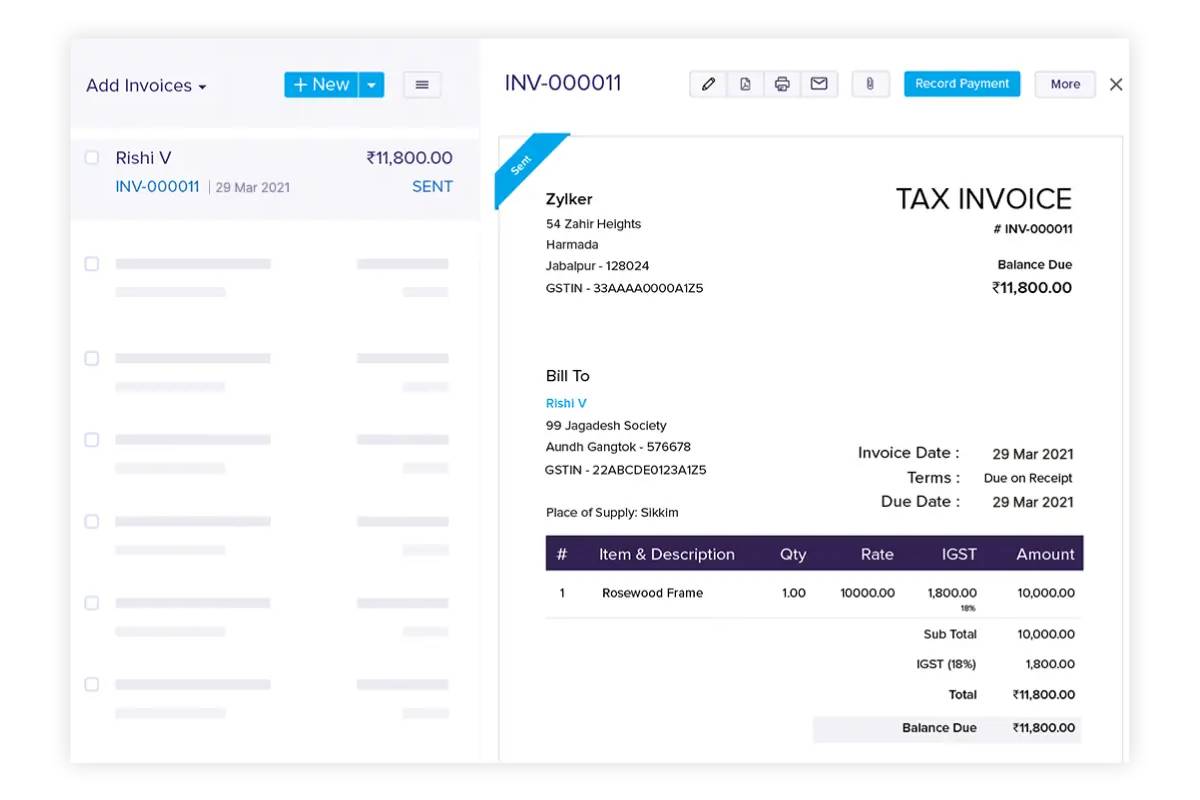
Reporting Foreign Income: What You Need to Know
Earning money from outside the UK isn’t just for globe-trotting entrepreneurs or remote-working digital nomads. These days, it’s not uncommon to have income trickling in from overseas clients, dividends from international stocks, or rental income from that flat you inherited in Spain.
But here’s the catch — HMRC wants to know about it. And if you don’t report foreign income correctly, you could face fines, backdated tax, or worse. Whether you’re a full-time UK resident or someone with dual ties, understanding how foreign earnings work within UK tax reporting rules is vital.
In this guide, we’ll demystify what counts as foreign income, when you need to report it, and how to stay on the right side of HMRC requirements. We’ll also walk through practical scenarios, bust some myths, and help you build confidence in managing overseas income — the smart and legal way.
What Counts as Foreign Income?
Foreign income covers a range of earnings that come from outside the UK.
This can include:
- Employment income from a foreign company
- Self-employment income from clients overseas
- Rental income from overseas property
- Bank interest earned on foreign accounts
- Dividends from international shares
- Pensions from overseas schemes
- Trusts and inheritance with foreign links
Essentially, if the money originates from abroad, it likely qualifies as foreign income.
Real-World Example
Sophie, a freelance copywriter in Manchester, regularly invoices clients based in Canada and Germany. Even though she lives and works in the UK, those payments count as foreign earnings, which HMRC expects Sophie to report as part of her tax return.
Who Needs to Report Foreign Earnings?
1. UK Residents with Worldwide Income
If you’re a tax resident in the UK, you must report all your global income, even if it’s already been taxed abroad.
This includes:
- British nationals living in the UK
- Dual citizens with permanent UK residency
- Non-British individuals who spend more than 183 days a year in the UK
2. Non-Residents with UK Ties
Non-residents don’t have to report foreign income unless it’s linked to UK activity. However, residency rules can be nuanced, and HMRC uses a detailed Statutory Residence Test to determine your status.
3. Domicile Considerations
Domicile (your permanent home, not just where you live) affects how you report foreign income. If you’re a UK resident but non-domiciled, you may be eligible to use the remittance basis — meaning you only pay tax on income brought into the UK. But this comes with caveats (and, for some, a hefty charge).
HMRC Reporting Requirements: What to File and When
Self-Assessment Tax Return
The most common route is via the Self-Assessment system. If you receive foreign income.
You’ll likely need to:
- Register for Self Assessment (if you haven’t already)
- Complete a SA100 form (the standard return)
- Add the Foreign Income Supplement (SA106) to detail earnings from abroad
Deadlines to remember:
- Paper returns: October 31
- Online returns: January 31
- Payment deadline: January 31
Keeping Records
HMRC can ask for proof at any time. Keep:
- Invoices and payment receipts
- Bank statements
- Tax deduction certificates from foreign authorities
- Translation or currency conversion documents, if needed
Currency Conversion

All foreign income must be converted to GBP. HMRC accepts the average annual exchange rate or the rate on the day the income was received. You can use HMRC’s published rates or the Bank of England’s data.
When Is Foreign Income Taxed Twice?
Double taxation is a common worry. Thankfully, the UK has double taxation agreements (DTAs) with over 130 countries. These treaties help ensure you don’t pay tax twice on the same income.
Here’s how it works:
- If your foreign income has already been taxed abroad, you may claim Foreign Tax Credit Relief on your UK return
- This can offset part or all of the UK tax due
- You must provide proof of the tax already paid (e.g., a statement from the foreign tax authority)
Important caveat: Not all countries have DTAs. If no agreement exists, you might still be able to claim “unilateral relief” — a partial offset granted at HMRC’s discretion.
Common Scenarios and How to Handle Them
1. You’re a UK Freelancer Paid by Overseas Clients
As with Sophie earlier, you report these earnings as self-employment income. If the clients deduct tax at source (e.g., US 30% withholding), claim foreign tax credit relief in the SA106.
2. You Own a Holiday Home Abroad
If you’re renting it out, the income must be declared, even if it’s only occasional Airbnb income. You can deduct allowable expenses (maintenance, advertising) just like UK property.
But watch for:
- Local tax already paid
- Seasonal fluctuations impacting your total earnings
3. You Receive Foreign Dividends
Declare all dividends, regardless of how small. Some brokers withhold tax automatically. Again, foreign tax credits may apply.
4. You Have a Foreign Bank Account
If your overseas account earns interest, it must be included. Even if it’s just a savings account in India or the US, that interest is taxable in the UK.
Penalties for Not Reporting Foreign Income
HMRC takes foreign income reporting seriously.
Ignoring the rules can result in:
- Late filing penalties, £100 fixed fine, plus daily fees
- Interest and surcharges on unpaid tax
- Behaviour-based penalties, ranging from 15% to 200% depending on severity
In extreme cases, deliberate evasion may trigger:
- Investigations
- Asset seizures
- Criminal prosecution
HMRC’s Worldwide Disclosure Facility allows voluntary reporting with reduced penalties. If you realise you’ve missed something, get ahead of it and disclose it promptly.
Debunking Common Myths
“I didn’t bring the money into the UK, so I don’t have to declare it.” False. If you’re domiciled and resident in the UK, worldwide income is taxable, regardless of whether it hits your UK bank account.
“It was taxed overseas, so I’m covered.” Not quite. You still have to report it in the UK, then claim relief for any foreign tax paid.
“It’s only a few hundred quid — HMRC won’t care.” They might. HMRC uses international data-sharing agreements, so even small amounts are traceable. Honesty is always safer.
Practical Tips for Managing Foreign Income

- Track income sources carefully: Use spreadsheets or accounting tools like FreeAgent, Xero, or QuickBooks
- Keep copies of foreign tax documents: Even if you think you won’t need them
- Stay informed: Rules change, particularly with Brexit-related updates and evolving international tax agreements
- Get advice: If you’re unsure, speak to a tax adviser with international experience
Real Case: Avoiding a Costly Mistake
James, a UK-based web developer, earned £18,000 from US and UAE clients. Thinking he only had to report UK earnings, he skipped declaring the foreign income. Three years later, HMRC queried an international transfer to his account.
Result?
- He faced penalties totalling nearly £6,000
- HMRC demanded backdated tax plus interest
- His accountant had to negotiate a settlement through the disclosure facility
James now logs all his income — and wishes he’d taken foreign earnings seriously from the start.
Conclusion: Don’t Let Foreign Income Trip You Up
Earning income from abroad is exciting — it means your work has global value. But with that opportunity comes the responsibility to follow HMRC requirements and ensure accurate tax reporting.
Whether you’re a freelancer invoicing foreign clients, a landlord with overseas property, or simply earning interest from a foreign account, understanding how to declare your foreign earnings is crucial for peace of mind and financial health.
Now’s the time to:
- Review your income sources
- Check your tax residency and domicile status
- Prepare accurate records
- Speak to a professional if things seem murky
Better safe than sorry. Reporting foreign income isn’t just about ticking boxes — it’s about owning your finances and keeping your business clean.


